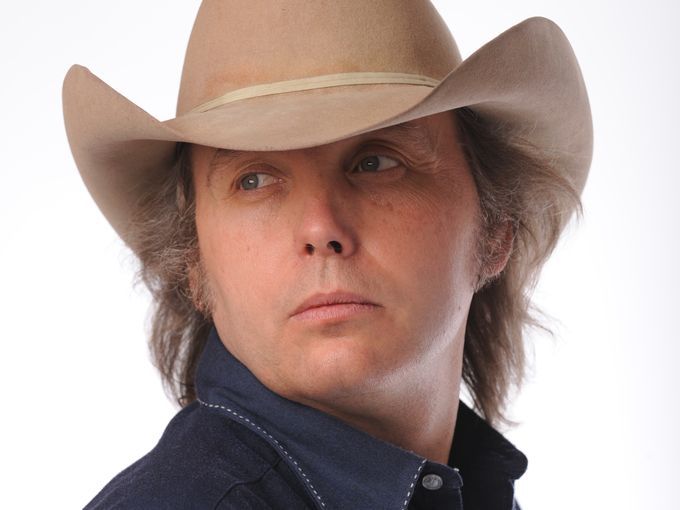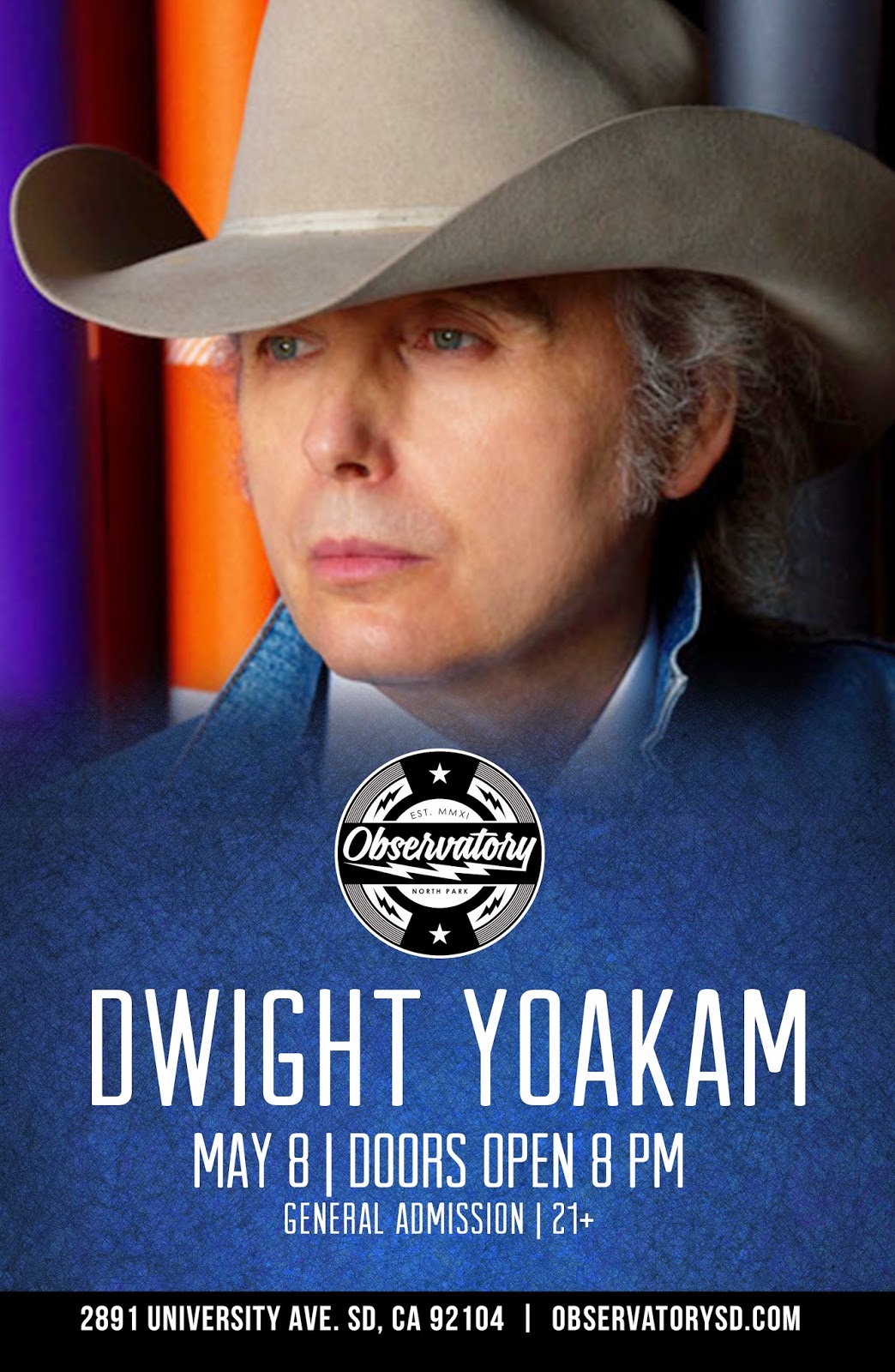
A heartfelt ballad echoing the bittersweet ache of losing love and oneself
Released in 1992 as a single from the evocative album “If There Was a Way”, “The Heart That You Own” by the incomparable country troubadour Dwight Yoakam quickly became a memorable presence within the country music landscape. The song resonated powerfully with listeners, climbing steadily and securing the number 18 spot on the Billboard Hot Country Singles & Tracks chart, an affirmation of Yoakam’s gift for storytelling that speaks to the heart of everyday experiences.
In this poignant ballad, Yoakam masterfully blends traditional country roots with his own distinctive honky-tonk flair, creating an emotionally charged narrative that effortlessly transports listeners back through their own memories of love lost and longed-for redemption. It’s precisely in these reflective, gently melancholic melodies that Dwight Yoakam shines brightest—capturing moments of vulnerability that resonate deeply with those who have weathered life’s many storms.
The soul-stirring lyrics of “The Heart That You Own” depict the painful realization of losing someone dear, someone who has become so integral to one’s identity and emotional stability. Yoakam’s poetic verses echo softly, yet profoundly in the hearts of listeners, evoking the profound loneliness one feels after parting ways from a cherished relationship. As he sings with soulful sincerity, “I pay rent on a run-down place / There ain’t no view but there’s lots of space,” we understand immediately that the emptiness he’s describing is not merely physical space but rather an aching void left behind by lost love.
Dwight Yoakam has long been admired for his authenticity and emotional depth, attributes clearly exemplified in this beautifully crafted tune. His voice, rich with a sorrowful nostalgia, carries us gently back to moments we’ve all known intimately—the quiet hours spent reflecting on relationships that slipped quietly away, leaving only silence and longing behind. It’s in these gentle reflections that older listeners especially will find themselves deeply connected; remembering their own past loves, recalling vividly those quiet evenings when solitude was both a burden and a comfort.
Behind this heartfelt track is a universal story—a timeless exploration of identity and love. Yoakam portrays heartbreak not simply as an experience of loss but as a profound journey toward understanding oneself more deeply. Indeed, there’s wisdom embedded in every verse—wisdom acquired only through experience. The song gently reminds us that sometimes losing someone precious means losing part of ourselves; we realize only afterward how deeply intertwined our identities had become.
For many devoted fans who grew older alongside Yoakam’s career, “The Heart That You Own” became more than just another hit—it became a trusted companion during quiet moments alone, an understanding friend who shared our private sorrow and silent regrets without judgment. Listening again today brings forth memories like faded photographs tucked lovingly away in old drawers—reminders of youthful innocence lost along life’s winding path.
More than three decades since its release, this tender ballad still holds its potency intact. It remains a testament to Dwight Yoakam’s timeless artistry—a singer-songwriter capable of weaving stories from simple truths into melodies imbued with genuine emotion and authenticity. Through songs like this one, Yoakam continues to gently remind us why country music touches so many lives—because within its chords lie reflections upon our very humanity.
Indeed, whether you’re revisiting Dwight Yoakam’s classic or discovering it anew, “The Heart That You Own” remains powerfully relevant—a quiet yet compelling reminder that love shapes us profoundly. And though sometimes love departs unexpectedly, leaving behind empty rooms within our hearts—we carry its memory always, forever shaping who we are and who we’ve become.
